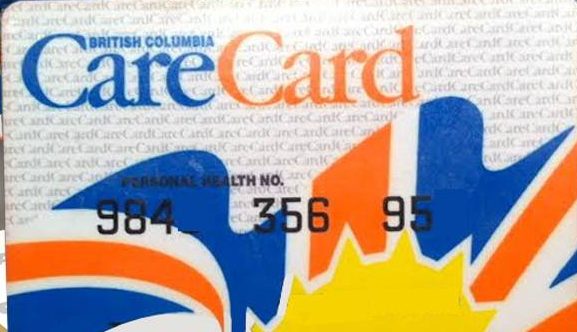The Canadian Taxpayers Federation (CTF) says even if you are one of the British Columbians to benefit from the federal government, you will be paying more taxes and fees in B.C. in 2016.

“The feds giveth and the province and cities taketh away,” said Jordan Bateman, B.C. Director for the CTF, in a release.
Starting Jan. 1, 2016, the MSP tax is going up if you earn more than $30,000 a year. One person will now pay $75, a family of two will pay $136 and a family of three will pay $150.
Bateman said BC Hydro is also expected to raise rates this year, by four per cent.
ICBC is also expected to raise basic insurance rates in 2016. The corporation has submitted an application for a 5.5 per cent increase. If approved, this will mean an average increase of $3.70 per month for customers’ basic insurance coverage.
BC Ferries could also raise fees by 1.9 per cent in 2016, although that has not been announced at this time.
Municipalities across B.C. are also expected to raise property taxes for homeowners.
The CTF also looked at the 2016 federal tax impact for families in 34 hypothetical Canadian households and it’s not all bad news.
The Family Tax Cut has been eliminated, meaning couples with children under 18 cannot split their income to benefit from the tax credit. However, with changes to the income tax rates, those with income earned between $45,282 and $90,563 will now be taxed 20.5 per cent, rather than 22 per cent, and those who earn over $200,000 will now be taxed 33 per cent.
The Universal Child Care Benefit (UCCB) will also be replaced with the Canada Child Benefit (CCB), starting in July 2016. The CCB is tax-free and it appears larger payouts will be going to lower-income households.
“The range varies widely, from a few hundred to about $2,000 in savings, but it’s clear that most Canadian families will have more money in their pockets as a result of these tax changes,” said CTF Federal Director Aaron Wudrick, in a release. “Dual-income households with children, where each spouse earns a relatively equal amount, will benefit most.”
Those saving money in Tax-Free Savings Accounts (TFSA) will be affected however, as annual contribution limits will be rolled back from $10,000 to $5,500.
Bateman suggests taking the time to learn how all the changes will affect you. “The CTF actually crunched the numbers federally on 34 different income situations and all of them were substantially different from last year,” he said. “So if you’re at all a budgeter, if you’re someone who wants to knows exactly what you should be putting aside for taxes, do take the time to look at the federal changes because this is going to have a big effect. Don’t get caught in April or May paying a big difference in federal taxes and not realizing it. It’s very important to be proactive this year.”





Comments